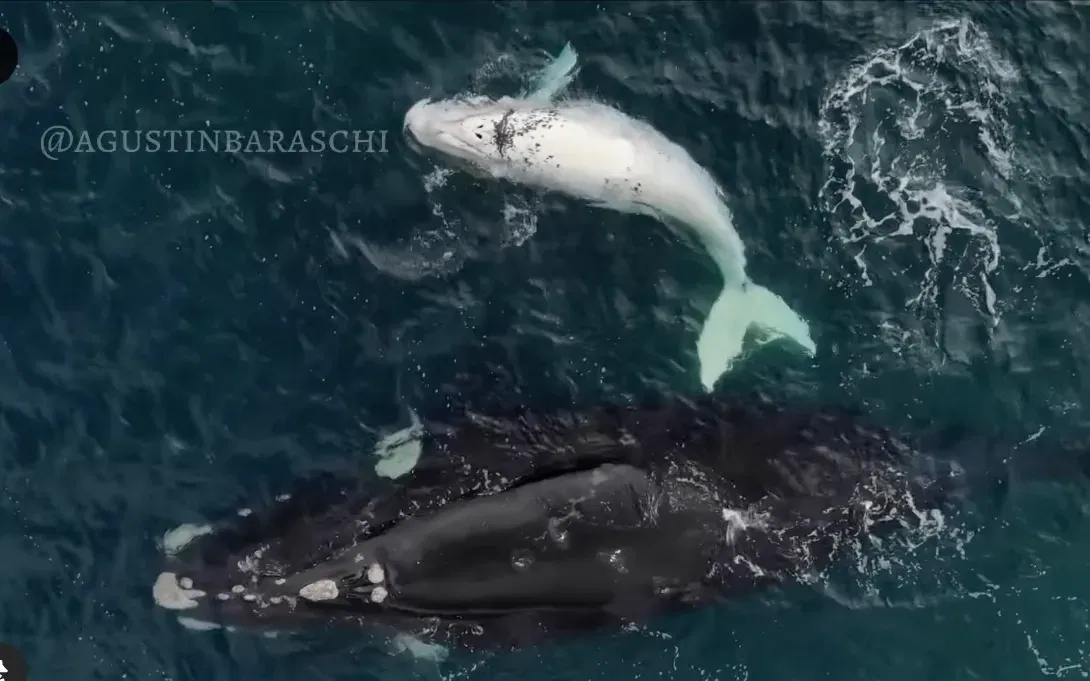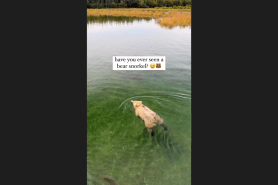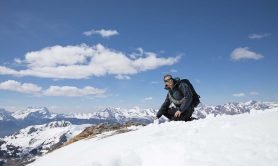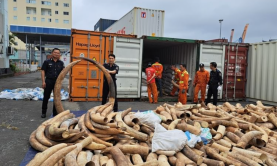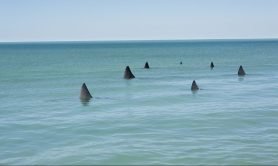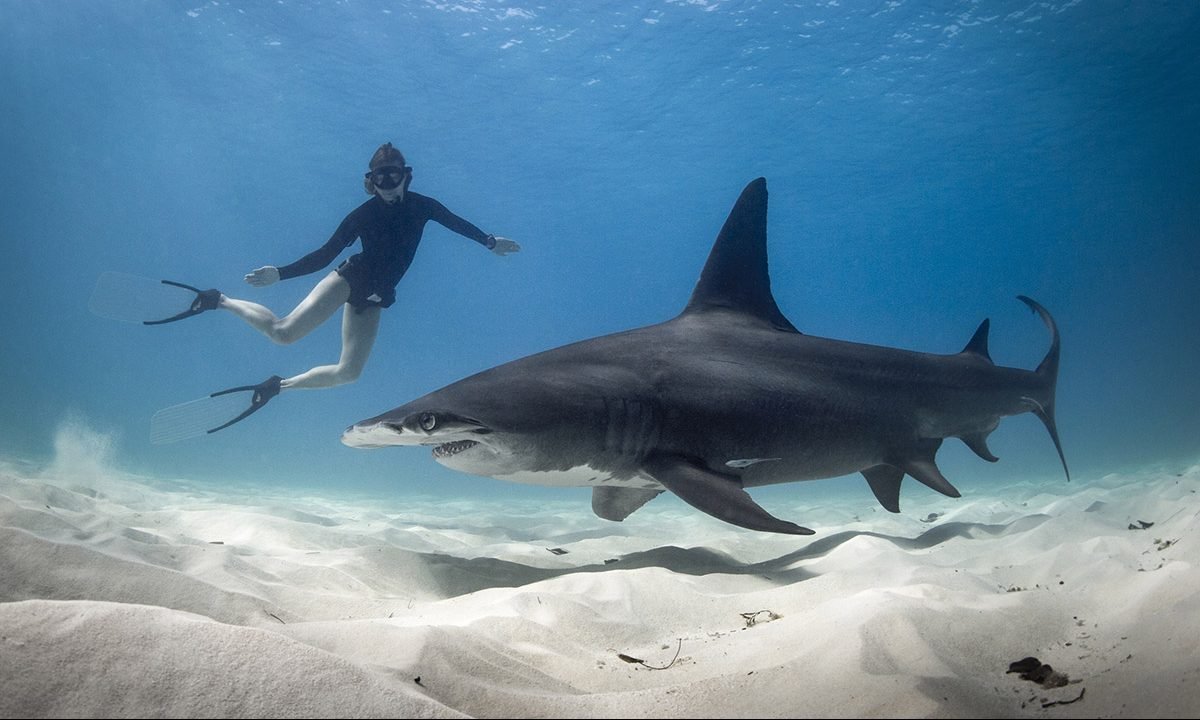

If you love being outdoors and are looking for a type of job that’s different from the typical 9-5—one full of excitement, adventure, and a little bit of weirdness, we’ve got you covered. Go from sitting in a cubicle to a career that will surprise, engage, and challenge you to be a bit like Indiana Jones (his artifact hunter job, not his university professor job).
Keep on reading to discover the seven of the weirdest, most extreme outdoor jobs:
1. Volcano Researcher
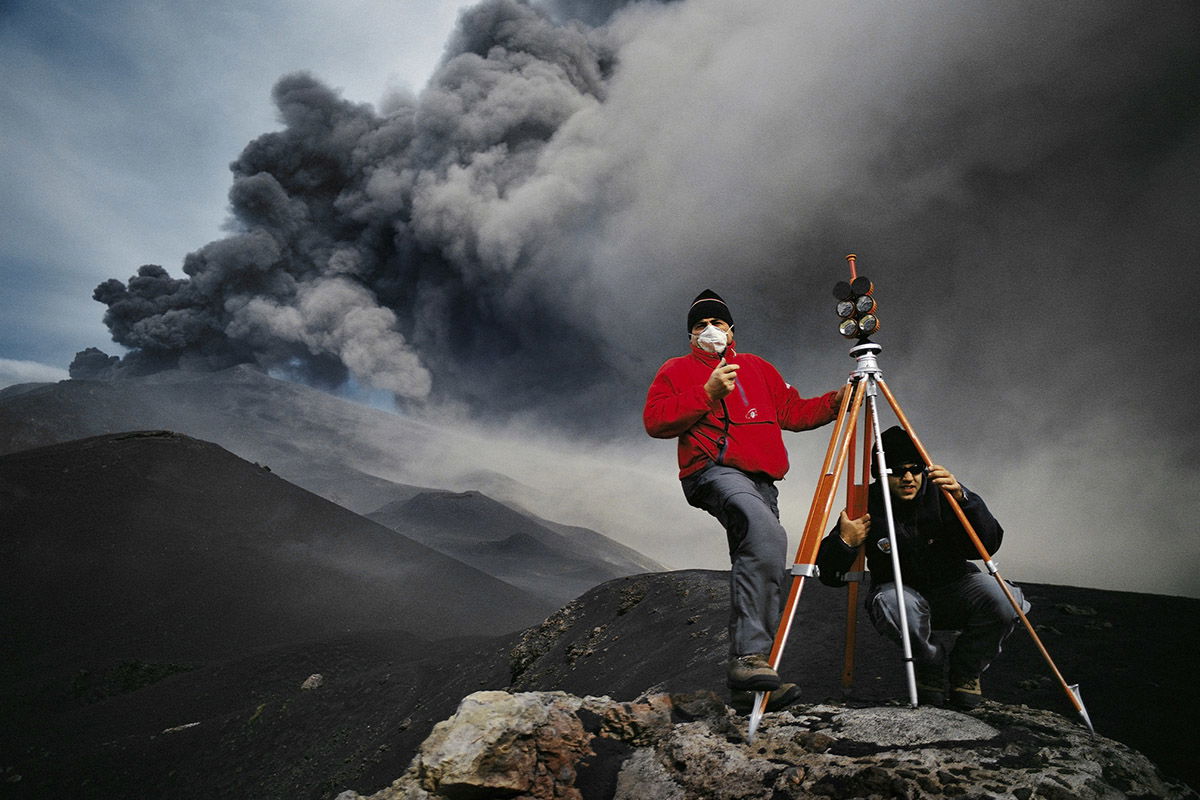
Scientists who study volcanoes and their eruptions often venture close to active volcanoes to collect data, risking exposure to toxic gasses, hot lava flows, and unpredictable volcanic activity.
Splitting time between office and volcano, volcanologists conduct fieldwork on active volcanoes to collect data and samples.
The work may be dangerous, but safety precautions keep volcanologists from taking undue risks. To stay safe, they wear specialized protective gear, such as heat-resistant clothing and gas masks..
Want a glimpse of the heat before you commit? In 2022, the Oscar-nominated documentary Fire of Love portrayed a love story of two volcano hunters.
2. High-Altitude Window Cleaner

Working on skyscrapers or tall structures, these brave individuals forgo computers to work outside of the office instead inside one. While cleaning windows at dizzying heights, they face strong winds and the life-threatening potential of equipment malfunctions.
While cleaning the windows of some of the world’s tallest buildings, window cleaners might need to work at heights well over 1,000 feet, making it a popular career among rock climbers and other extreme athletes. Window cleaners typically make around $40,000-$60,000 per year.
3. Wildlife Biologist

How do we know about the habits of species like the arctic hare and emperor penguin? Biologists with a thirst for adventure are constantly on the case. Can you cope with extreme cold, look a lion in the eyes, and/or live in 90% humidity with no problem? Then maybe being a wildlife biologist is for you.
This career option will get you outdoors and allow you to contribute to a cause. Wildlife biologists’ important work expands our understanding of biodiversity. Biologists often work in remote areas studying endangered or elusive species.
In isolated and rugged terrains, they face challenges like extreme weather, dangerous wildlife encounters, and limited access to resources. These adventuring scientists may spend months in remote rainforests or desolate tundra to discover and study rarely seen species. Another plus? They don’t have to sit in traffic.
4. Ice Road Trucker
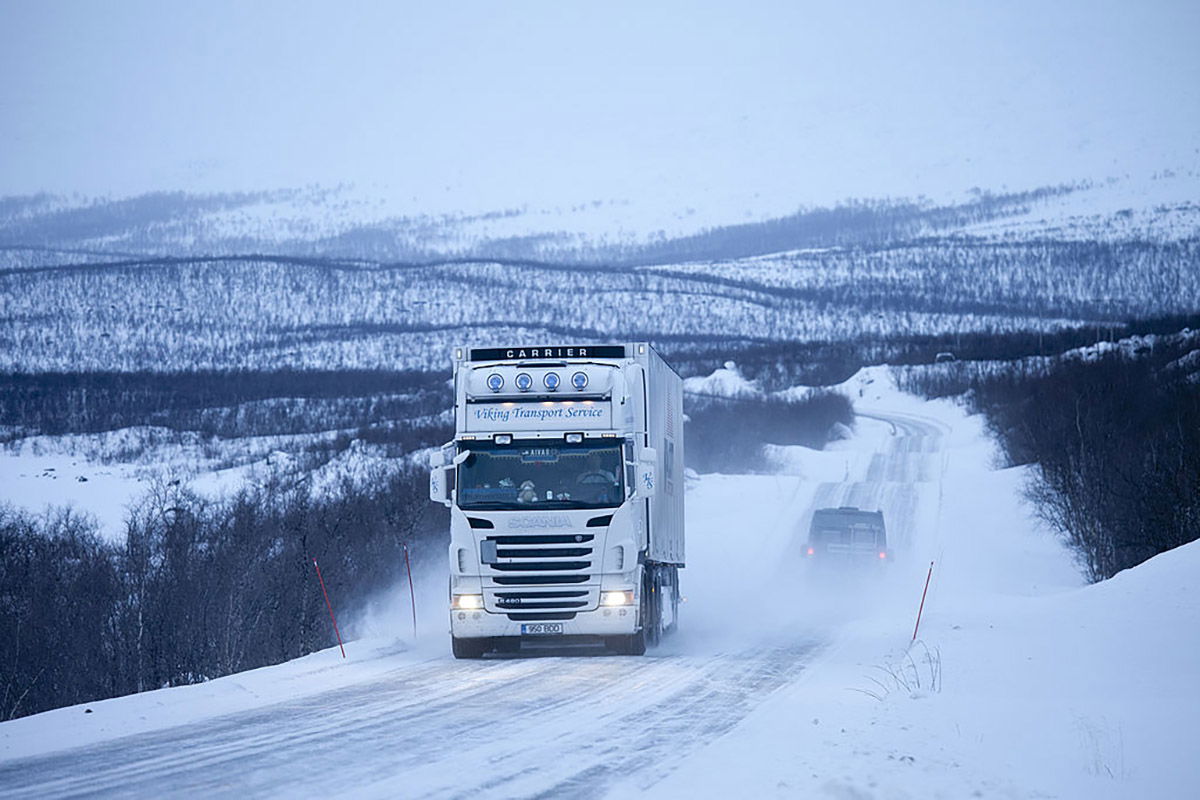
Love winter? Imagine a chill career driving heavy trucks across frozen lakes and rivers in the Arctic. You may remember the popular reality television series Ice Road Truckers from the History Channel, where you watch brave truckers navigate icy areas in remote areas of Alaska and Canada, transporting essentials and supplies to isolated communities.
You’ll need a little grit to do this job, because driving on ice roads comes with the constant threat of cracks in the ice and mechanical breakdowns in subzero temperatures. It does, however, pay well, with the average pay being $50,000-$100,000 per year.
5. Storm Chaser
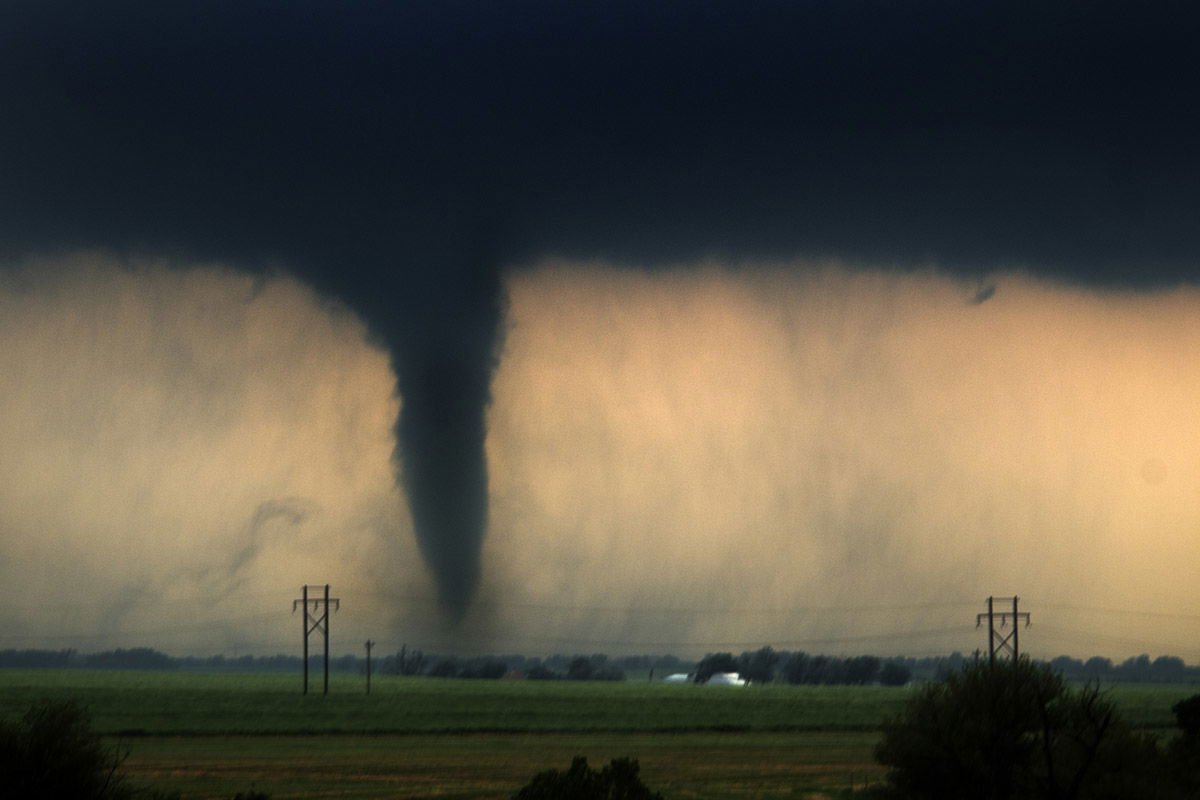
To all those who call the weather boring, try your hand as a storm chaser. Storm chasers are meteorologists and thrill-seekers who pursue severe weather conditions, including tornadoes and hurricanes, to document and study them up close, facing death for knowledge and for fun.
Often using Doppler radar systems to measure the speed and direction of wind within a tornado, storm chasers work to provide valuable data that can improve our understanding of these powerful weather phenomena.
The first official storm chaser was David Hoadley, who famously used his knowledge of meteorology and engineering to track storms in the United States during the 1950s and 1960s.
Storm chasers not only document tornadoes but also study other severe weather, such as supercell thunderstorms, hailstorms, and lightning, ultimately contributing to advancements in meteorology and the oh-so-important weather forecasting.
6. Shark Diver
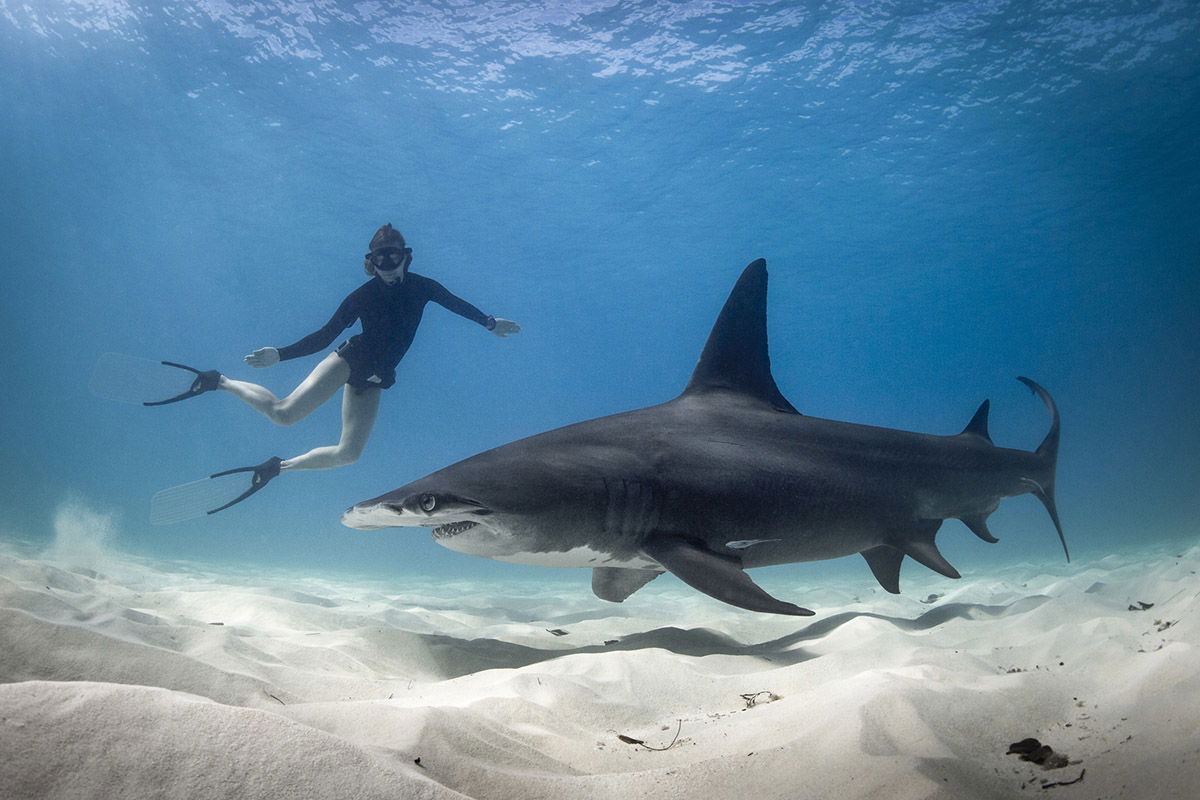
Another incredible job that puts you face to face with danger: a shark diver. Shark divers might have a variety of reasons for diving with sharks, including research or raising awareness. Researchers dive with sharks to study their behavior, while photographers or videographers might dive with sharks to capture footage to help preserve and protect shark species. No matter what reason they have for being there, shark divers must exercise extreme caution around these top ocean predators.
Imagine commuting to work by driving to a coast and then logging in by diving with species like great whites, tiger sharks, and hammerheads. Some shark divers cage dive, which involves entering a protective cage lowered into the water to observe sharks up close without direct physical contact.
Shark divers might study these great animals to learn about their behavior and ecology and to promote shark conservation efforts. They play a crucial role in dispelling misconceptions about sharks and educating the public about the importance of these apex predators in maintaining a balanced marine ecosystem.
7. Wilderness Search-and-Rescue Specialist
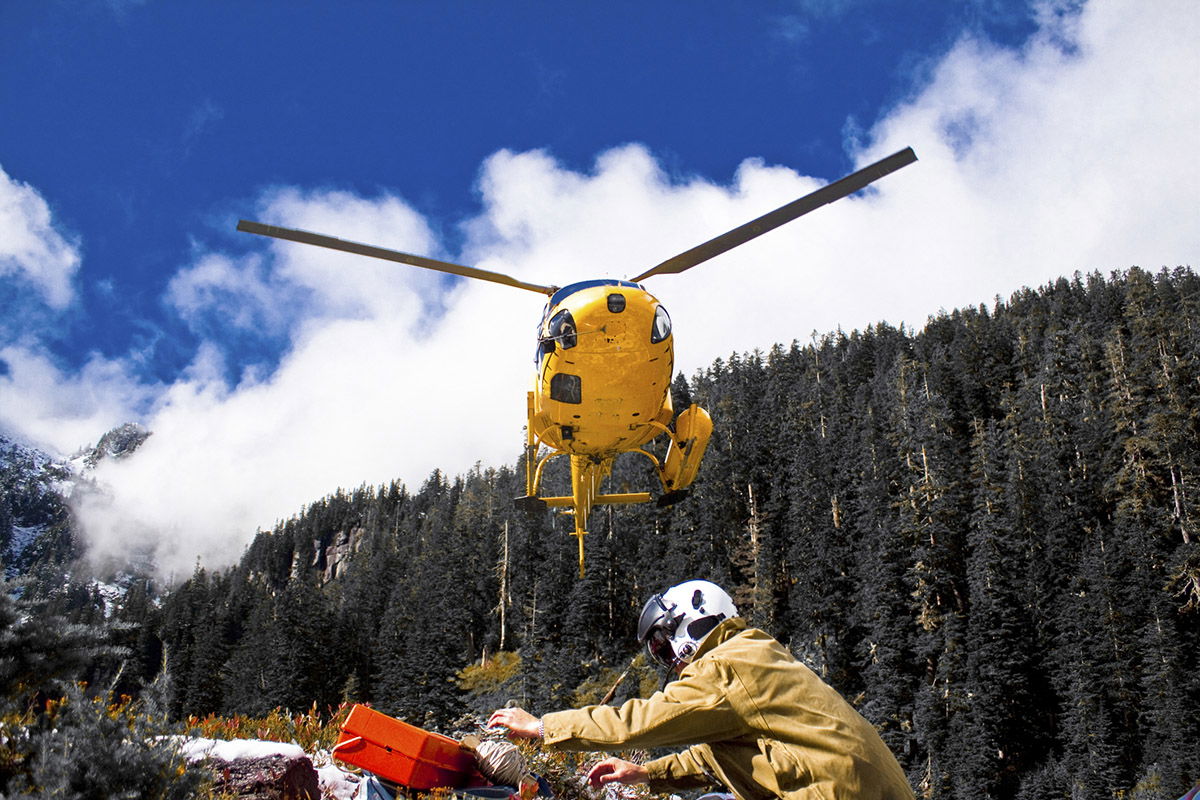
Wilderness-rescue specialists are highly trained professionals who specialize in conducting search-and-rescue operations in remote and rugged terrain, such as mountains, forests, and deserts.
If you’re a survival expert like Bear Grylls and can navigate like a boss, wrap a sprained ankle in 30 seconds, and do technical rope work, then a career in wilderness search and rescue may be for you.
Wilderness-rescue specialists often work closely with officials in national parks, law enforcement, and medical teams to coordinate complex emergency-rescue missions and ensure the safety and successful retrieval of lost or injured individuals in remote areas and challenging outdoor environments.

